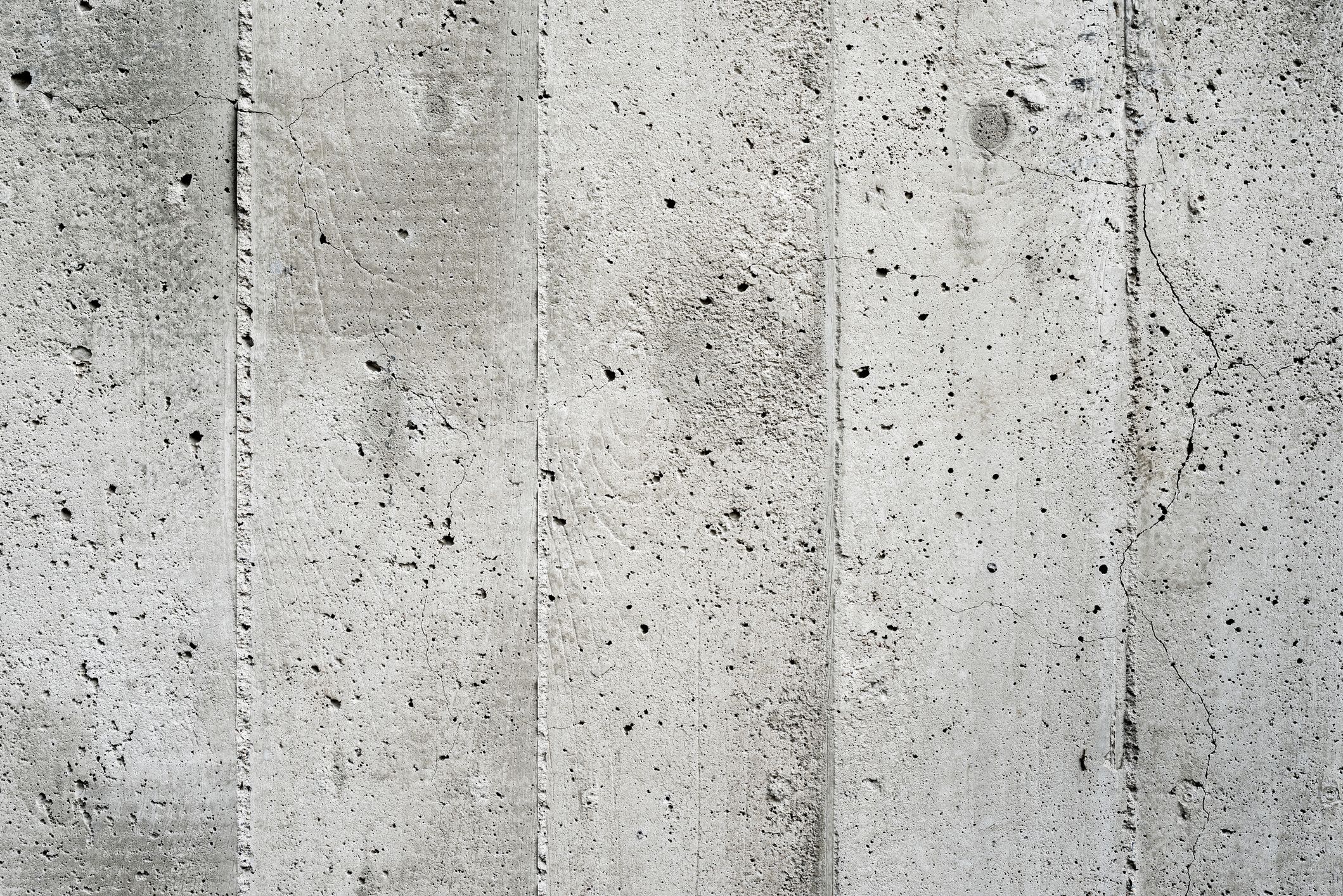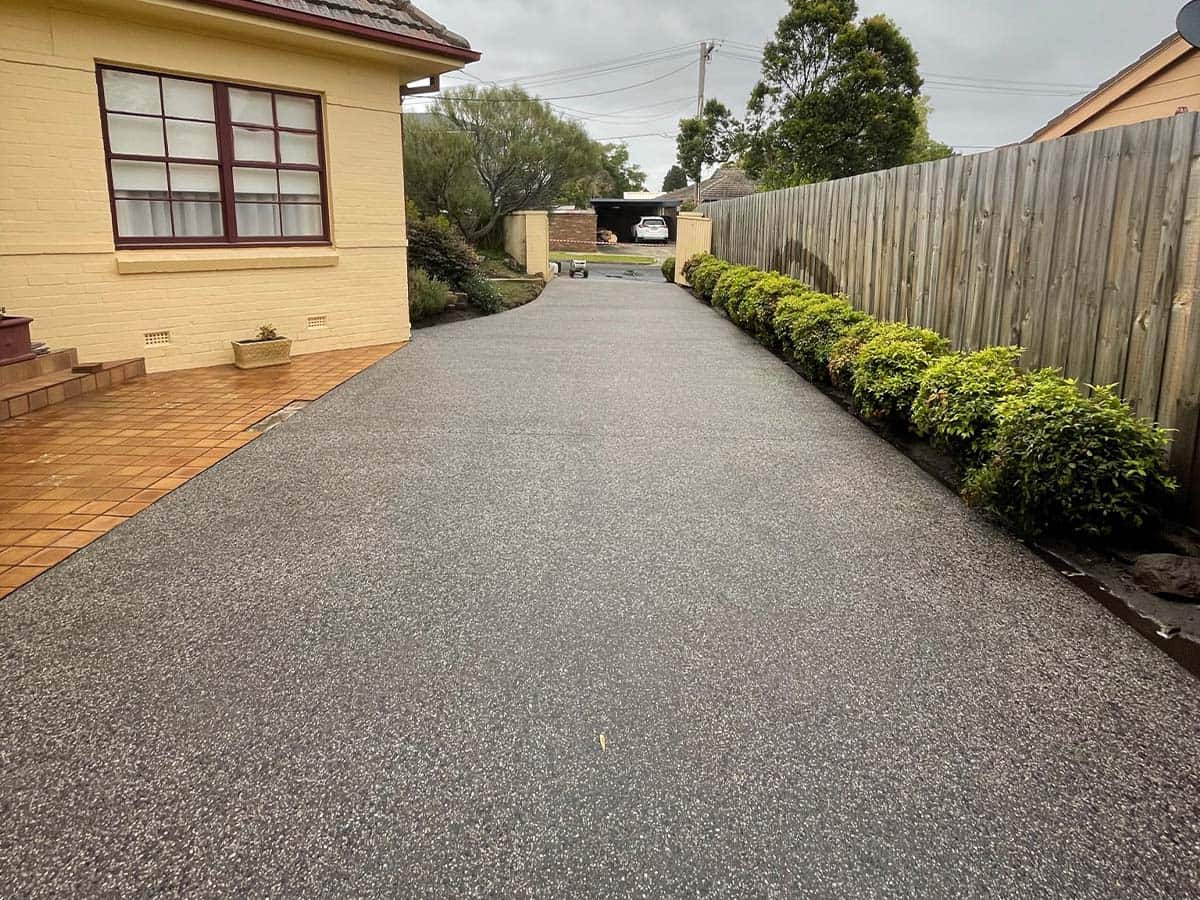Introducing the Eco-Friendly Advantages of Utilizing Recycled Concrete in Sustainable Construction Practices
In the world of lasting construction methods, the usage of recycled concrete stands as an essential yet usually undervalued resource. Past its traditional applications, recycled concrete offers a myriad of eco-friendly advantages that extend much past the boundaries of traditional construction materials. From minimizing environmental influence to improving cost-efficiency, the implications of including recycled concrete in lasting structure techniques are significant. This flexible material not only addresses pushing environmental concerns however additionally provides a viable solution to the difficulties encountered by the building and construction market at huge.
Ecological Benefits
Undoubtedly, one of the most substantial advantages of using recycled concrete is its positive effect on the environment. By including recycled concrete right into construction techniques, there is a significant reduction in the need for brand-new raw materials, resulting in conservation of natural deposits. This procedure aids in preserving aggregates, water, and energy that would certainly have been made use of in creating brand-new concrete. Additionally, using recycled concrete decreases the quantity of waste being sent to landfills, thereby reducing environmental air pollution and alleviating the pressure on land fill abilities.

In comparison, recycled concrete has a lower carbon impact as it minimizes the demand for new concrete manufacturing. On the whole, the ecological advantages of making use of recycled concrete are significant and play an essential role in advertising green construction approaches.
Cost-Efficiency
Accomplishing cost-efficiency is a vital consideration when evaluating the utilization of recycled concrete in construction projects. One of the crucial benefits of making use of recycled concrete is its cost-effectiveness compared to typical concrete.
Furthermore, making use of recycled concrete can result in cost savings in land fill prices by diverting concrete waste from disposal sites. This not just reduces the environmental effect yet also removes the prices connected with waste elimination. The toughness and efficiency of recycled concrete are equivalent to conventional concrete, making certain that cost financial savings do not compromise the quality of the building and construction.
Toughness and Toughness
Thinking about the substantial cost-efficiency advantages of making use of recycled concrete, it is critical to examine its resilience and stamina in construction applications. Recycled concrete deals similar, otherwise superior, resilience and stamina properties to standard concrete. Through improvements in handling techniques and quality assurance, recycled concrete can fulfill or surpass the performance requirements of conventional concrete. The process of reusing concrete involves squashing, sorting, and evaluating old concrete to generate accumulations that can be used in brand-new building and construction tasks. These recycled accumulations are capable of offering sufficient compressive toughness, resilience, and long-term efficiency.

Waste Reduction
When it comes to making use of recycled concrete, waste decrease is a key advantage that contributes significantly to environmental preservation. By integrating recycled concrete right into building projects, this waste is repurposed and diverted from garbage dumps, minimizing the overall environmental influence of construction activities.
Additionally, the usage of recycled concrete can lead to cost financial savings for building and construction tasks, as it is frequently extra affordable than sourcing and moving new materials - Concrete. In verdict, waste decrease with the use of recycled concrete is an important component of lasting building and construction practices that profits both the construction and the setting market as a whole.
Energy Conservation
Energy conservation is an important facet of lasting construction methods, aiming to minimize the overall power consumption connected with structure operations and products production. Substantial energy savings are accomplished compared to conventional concrete manufacturing when it comes to making use of recycled concrete in building. The process of creating recycled concrete involves recycling and squashing existing concrete products, which takes in much less power than mining, handling, and transferring basic materials for brand-new concrete production. In addition, using recycled concrete can assist reduce the need for virgin aggregate, additional decreasing the energy-intensive extraction and handling of natural sources.
Verdict
To conclude, the application of recycled concrete in lasting building practices uses countless ecological advantages, cost-efficiency, toughness, strength, waste decrease, and energy conservation. By including recycled concrete into building jobs, we can add to a more sustainable and eco friendly future. It is necessary for the building and construction industry to prioritize the usage of recycled products to help in reducing the ecological effect of building and construction tasks.
One of the key advantages of making use of recycled concrete is its cost-effectiveness compared to traditional concrete.Additionally, the usage of recycled concrete can lead to financial savings in garbage dump prices by additional resources drawing away concrete waste from disposal websites. The resilience and efficiency of recycled concrete are equivalent to standard concrete, making sure that cost financial savings do not endanger the high quality of the building.
:max_bytes(150000):strip_icc()/in-depth-look-at-concrete-flooring-1314684-02-8fdb599f92a747ed94ef5b96110abfc1.jpg)
Comments on “Expert Concrete Setup: Changing Your Space with Strong Structures”